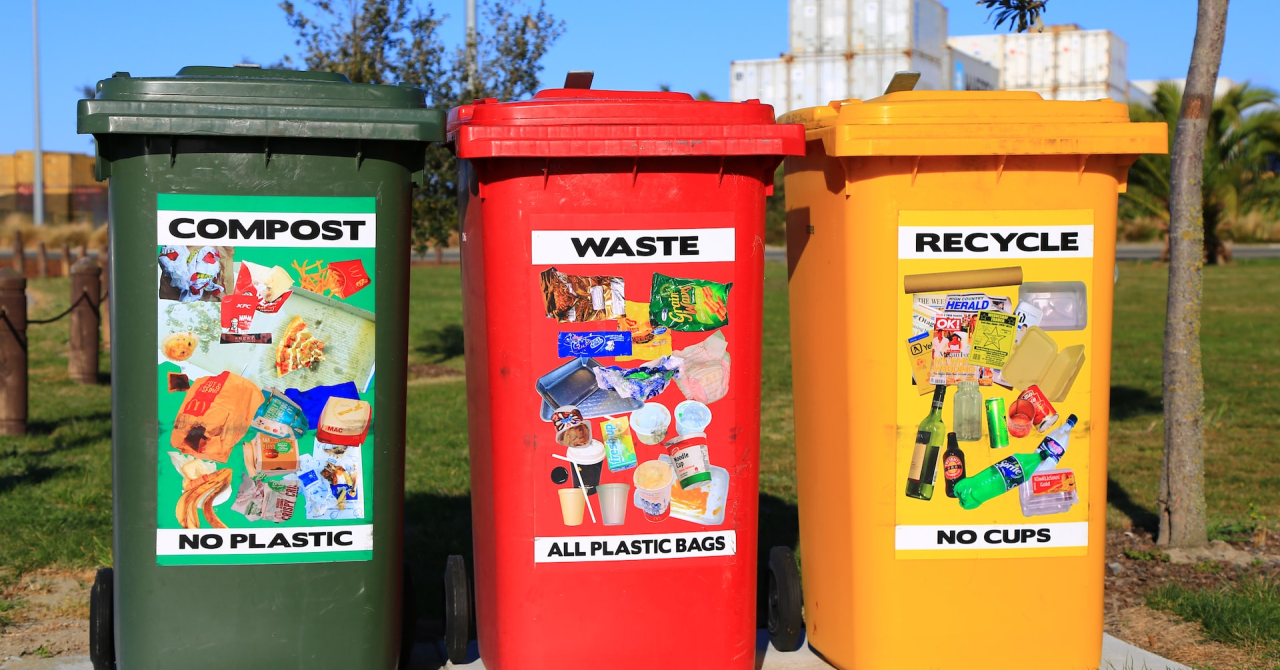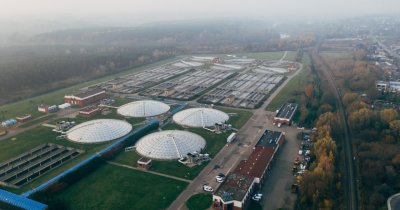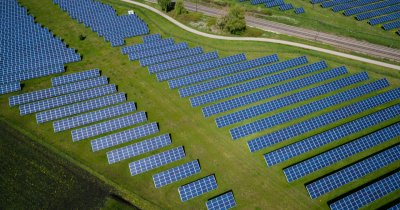According to World Economic Forum, the average amount of daily waste generated by every person living on earth is 0.74 kilograms, although this depends on the countries themselves.
Citizens living in the top economies produce more waste than those living in poorer regions and high-income states generate over a third of the 2 billion tons of annual waste.
Because waste decomposes into by-products, some slower than others, methane is one of the worst gases resulted from the decomposition process.
Although it has a much shorter lifespan in the atmosphere compared to CO2, in two decades it has the potential to heat the planet up 80 times more.
In fact, since the industrial revolution, methane has been responsible for 30% of the rising in temperatures on a global level.
The International Energy Agency says that waste materials were the fourth biggest source for methane in 2021, generating 73 megatons of it.
Global methane emissions could be reduced by 13% simply by implementing a better waste management system.
Experts say that by selective waste collection, composting and recycling, emissions from the waste sector could be reduced by 84%.
Officials from the Global Alliance for Incinerator Alternatives (GAIA) say that "at least 70% of global emissions come from the manufacture, transport, use and disposal of goods, and a focus on waste reduction could significantly reduce the emissions in these sectors too."
Reducing waste around city areas can also help these settlements better deal with the impact of climate change by improving soil quality and the overall health of people.
The report suggests that 550 municipalities around the world started implementing zero-waste policies and experts calculated the potential of these actions with regards to the reduction of GHG emissions.
Hence, the Ukrainian city of Lviv could reduce 93% of its current emissions by implementing these policies, while Detroit in the US could see a 105% reduction in greenhouse gas emissions.
By adopting zero-waste policies, Seoul has an even more impressive potential to reduce 885% of its greenhouse gas emissions coming from this sector.
"In all the cities we analyzed, except Seoul, separate collection and treatment of organics has the greatest potential to reduce GHG emissions", say the officials who conducted the study.
Mariel Vilella, co-author of the report and director of GAIA’s Global Climate Program, said that "zero waste strategies are the easiest way to rapidly and cheaply bring down emissions while building climate resilience, creating jobs, and promoting thriving local economies."
 Mihai - Cristian Ioniță
Mihai - Cristian Ioniță












Any thoughts?